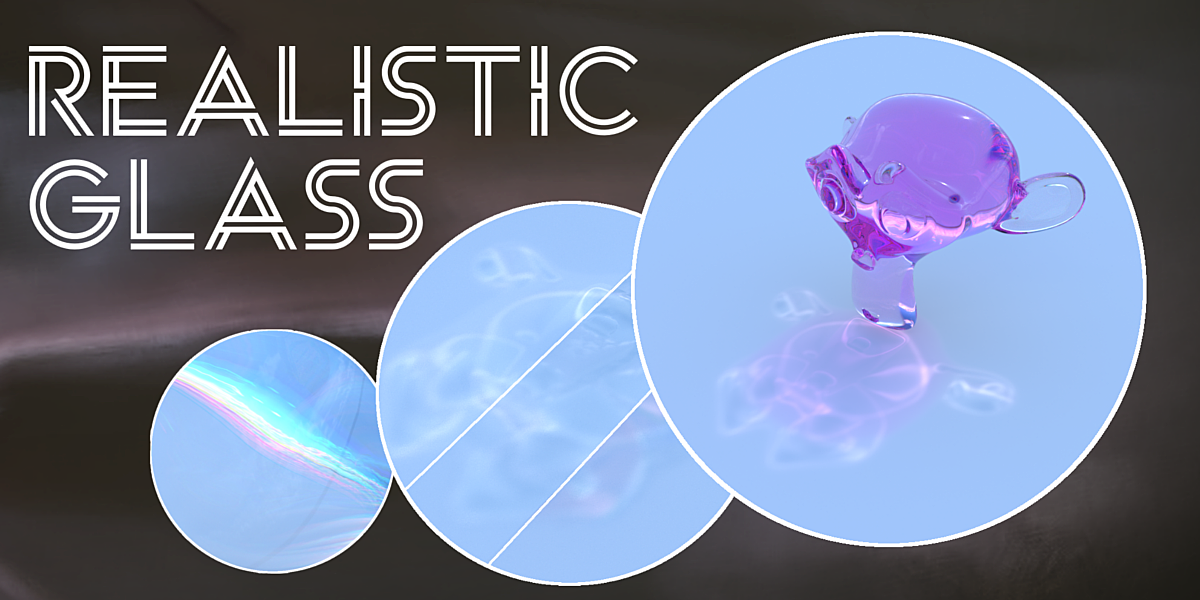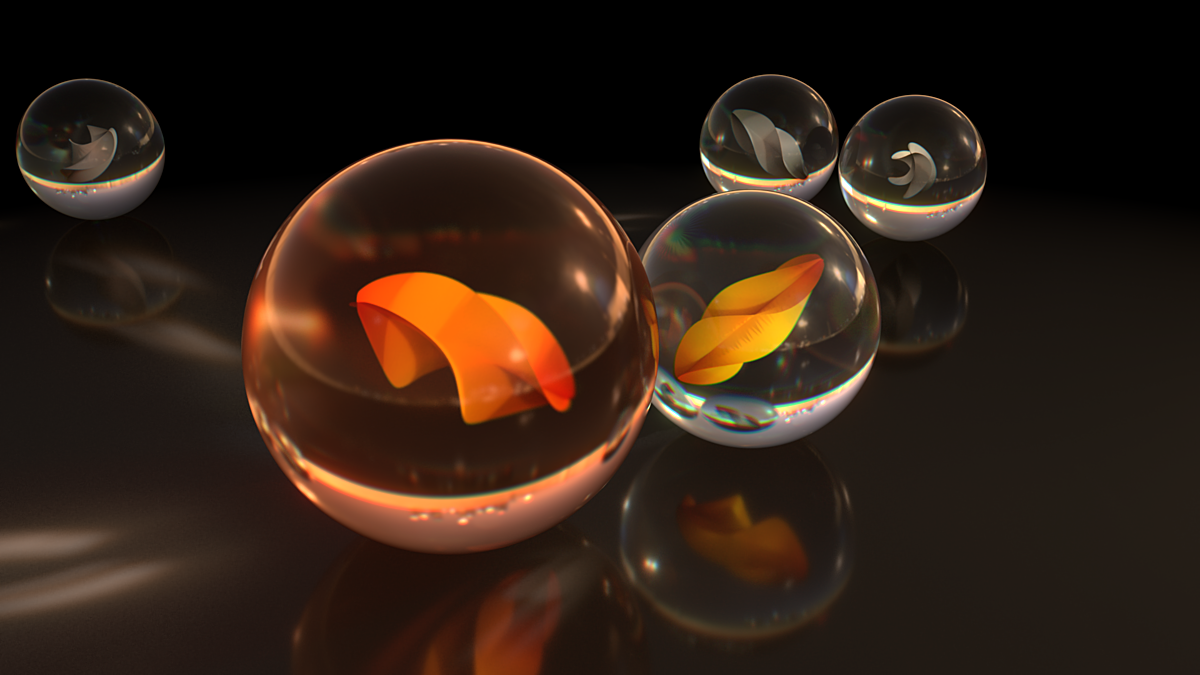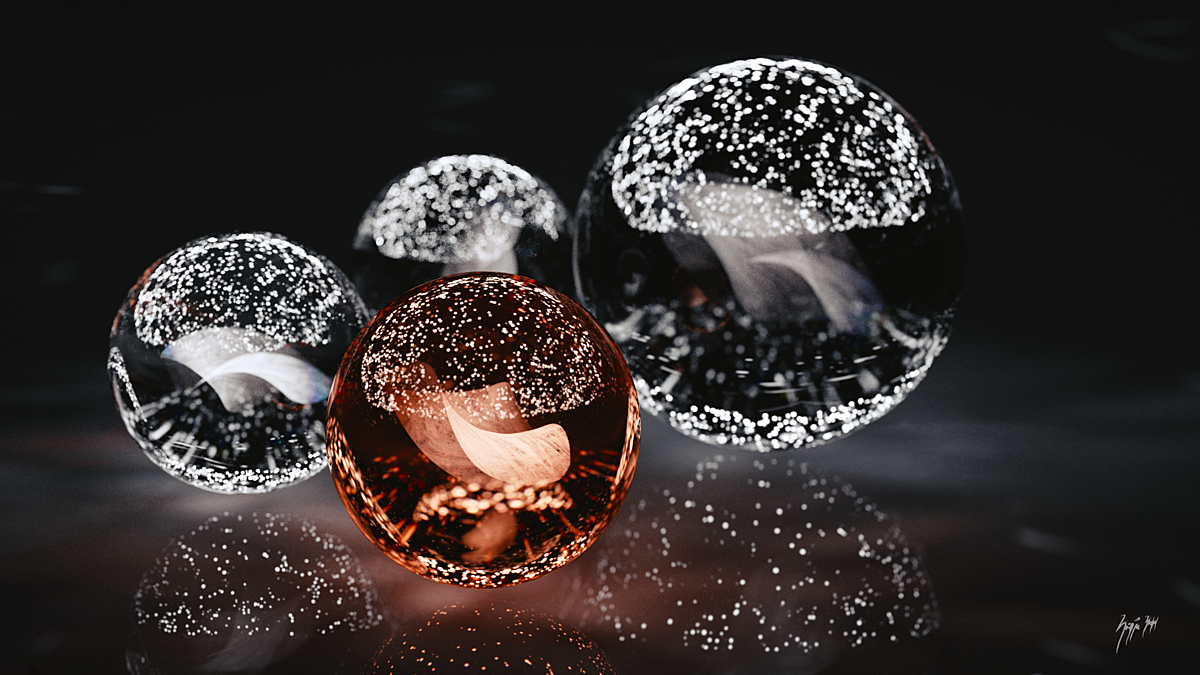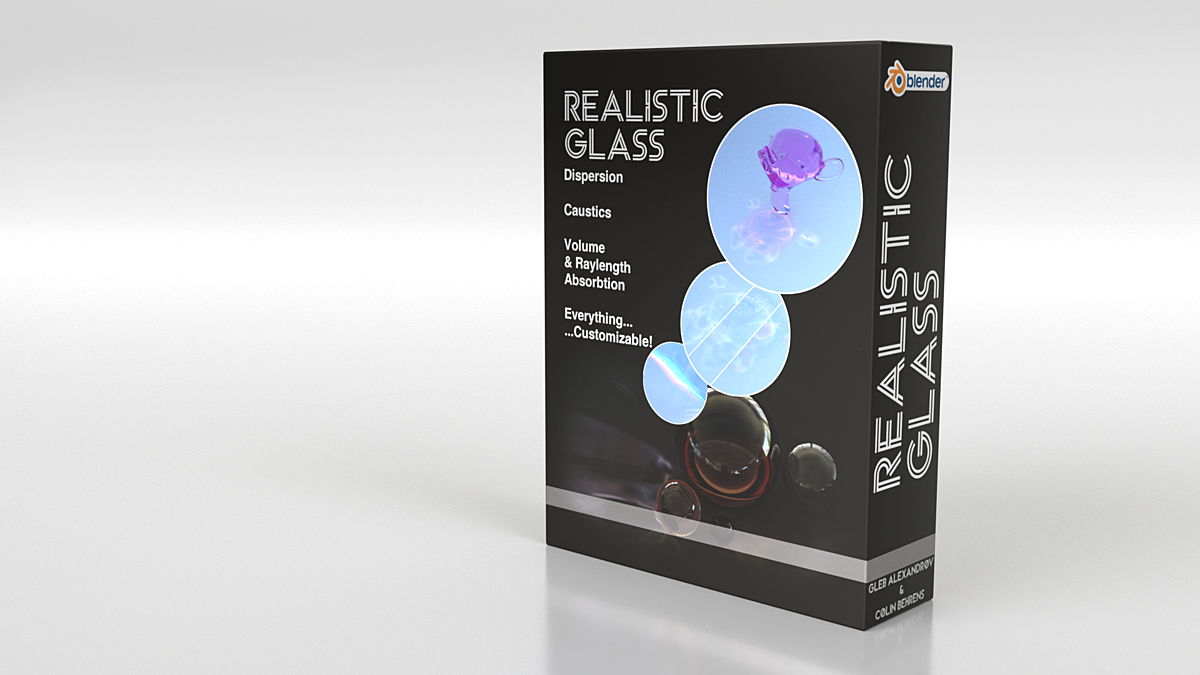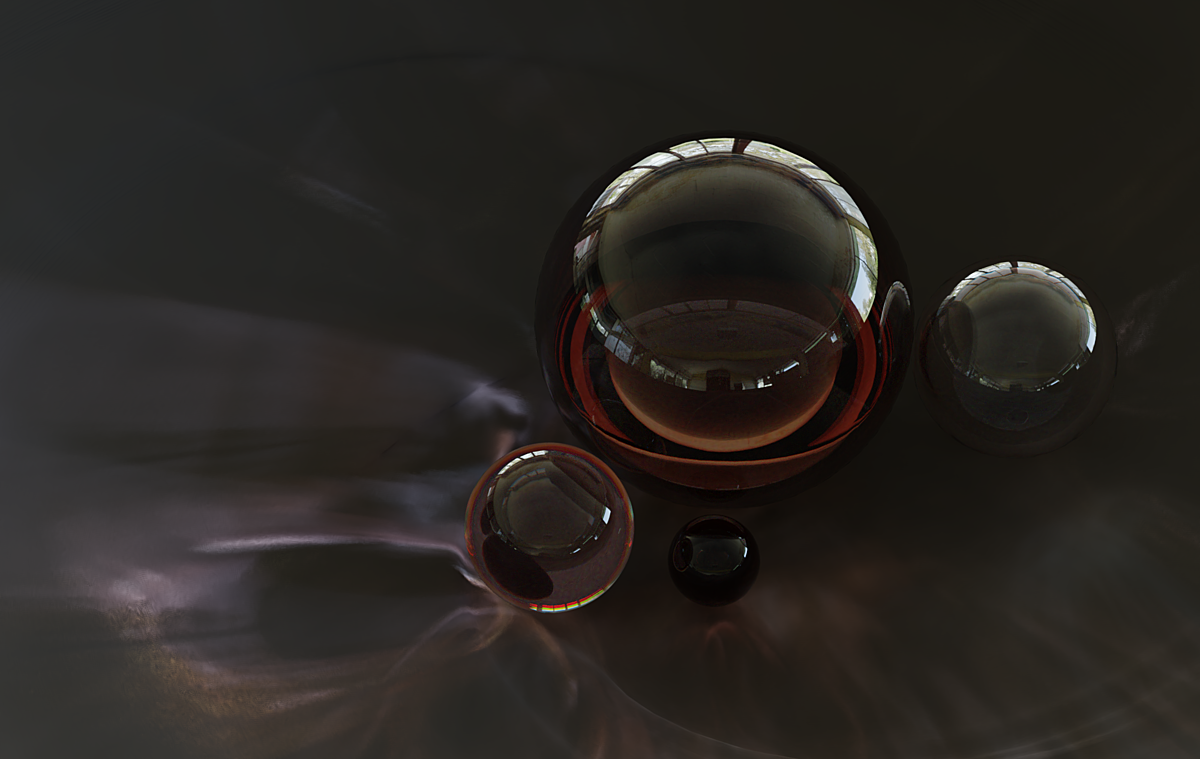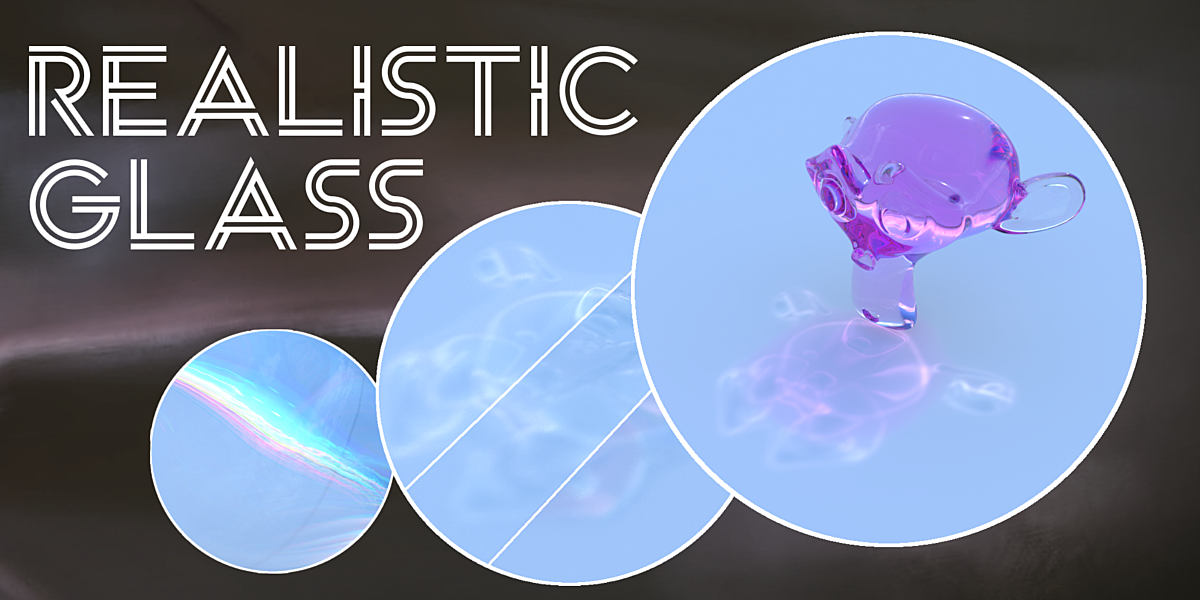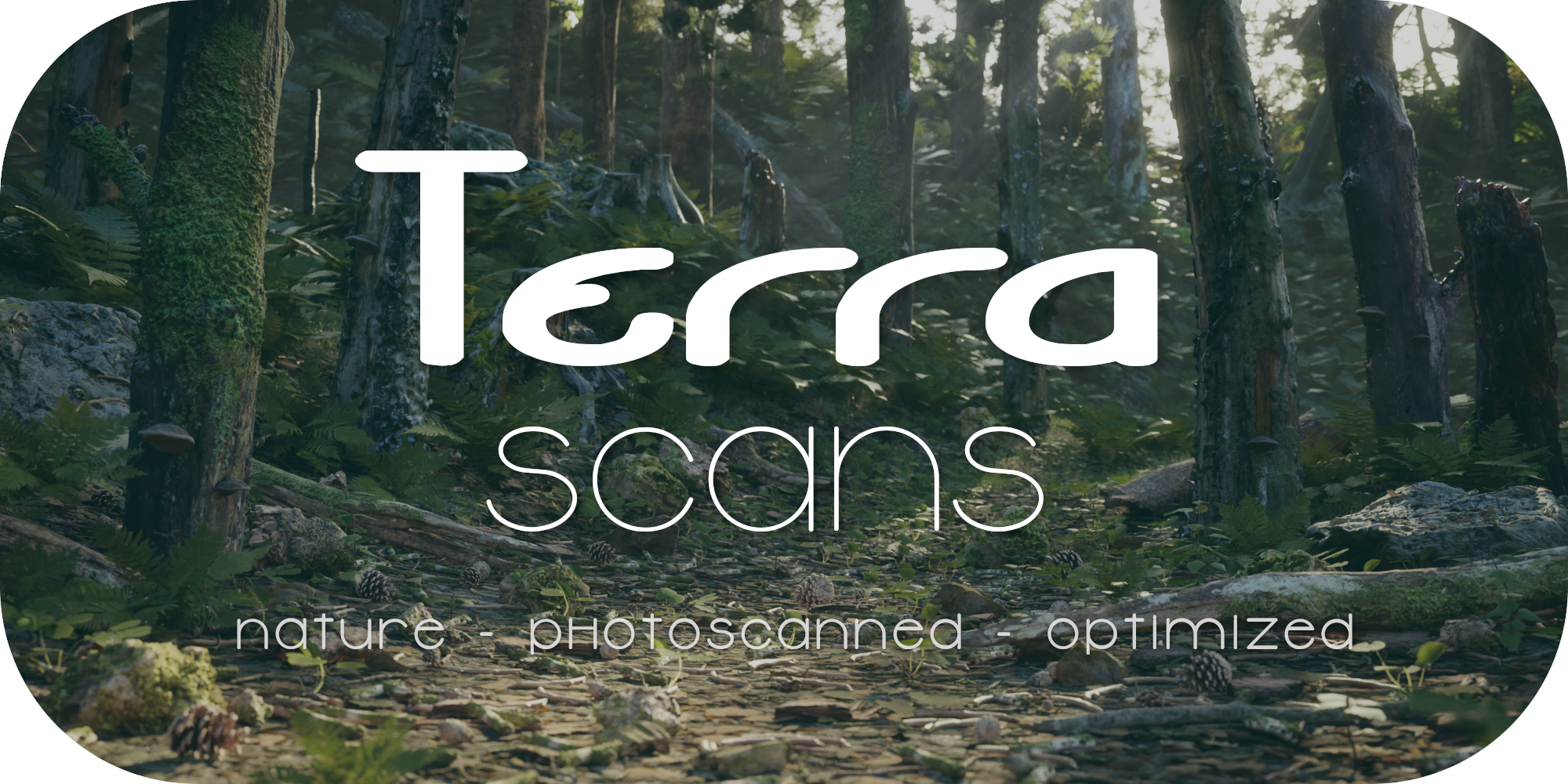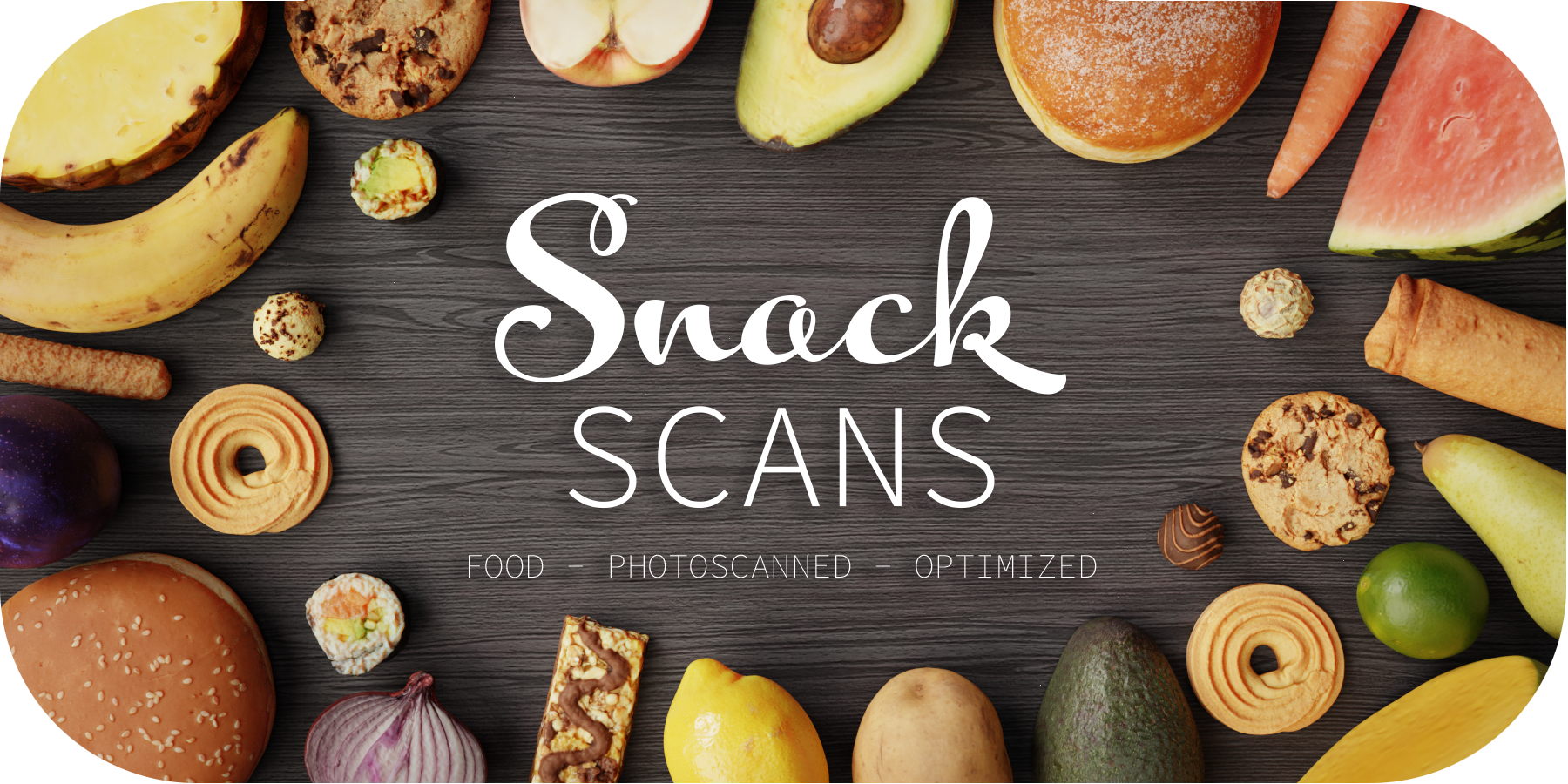Realistic Glass Shader
Updated version for Blender 3.2+!
Now with the option to control the influence through internal caustics for maximum artistic freedom. Since this is a relatively new feature please let me know if you encounter any bugs.
Have you ever tried to create some realistic looking glass renders in Blender?
If you compare the results you get with the default glass shader with reference images, you will probably notice that it is not possible to get completely photorealistic results this way.
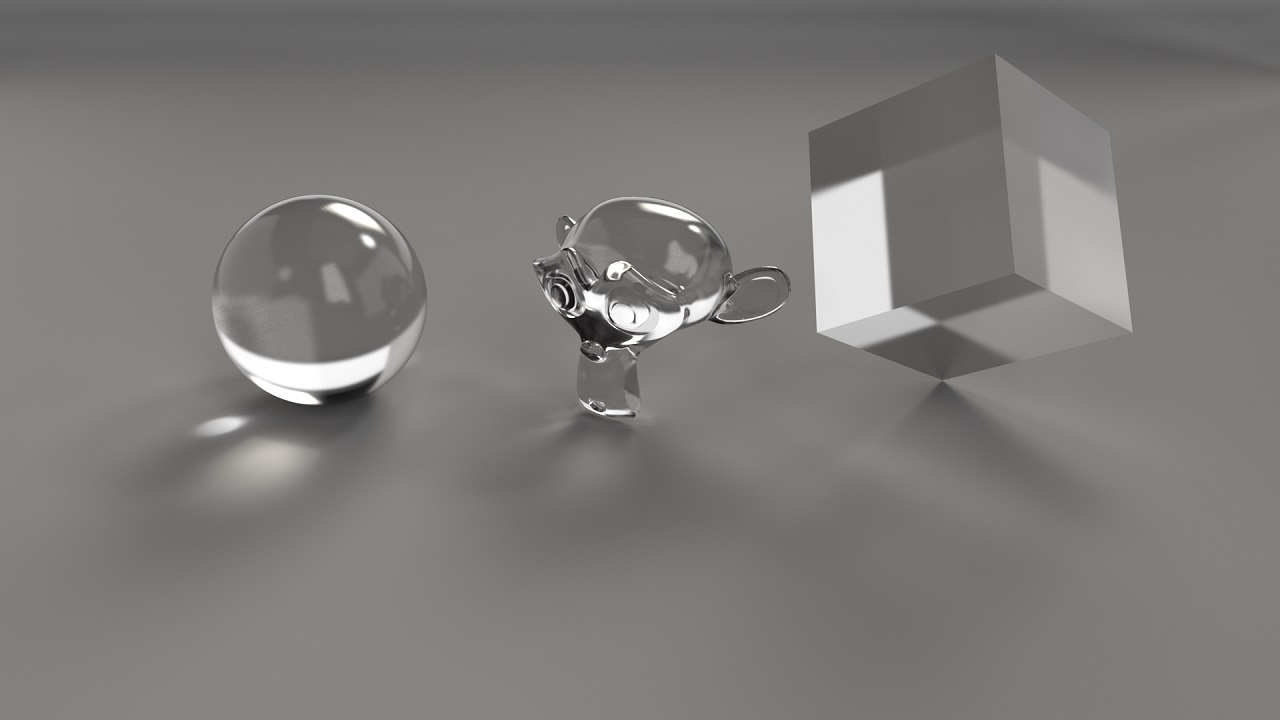
Why? Because the Cycles Render Engine does not use bidirectional rendering. This means it is not possible to get physically accurate caustics or dispersion.
But! Here is the solution:
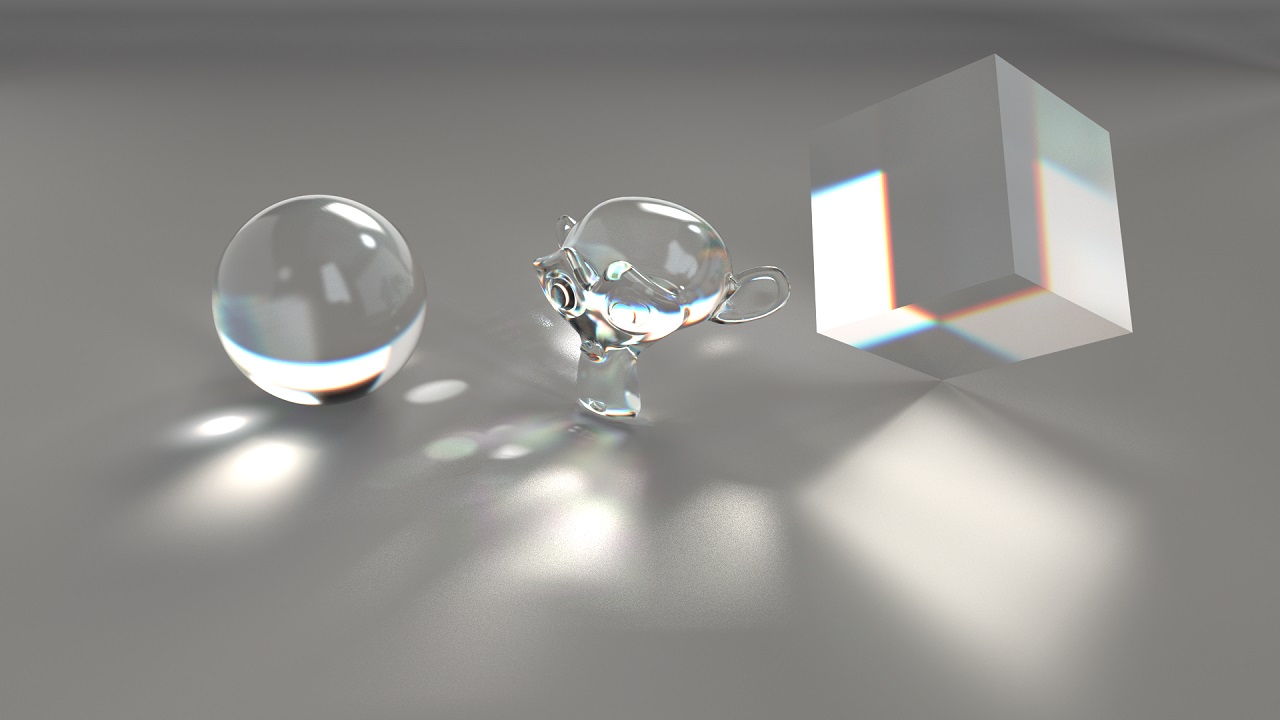
With our Realistic Glass Shader you have full control over all parameters you could possibly need for creating awesome looking renders you would previously have used Blender's built-in glass shader for, e.g. diamonds, water or glass. Please note that the caustics are still fake, because real caustics are simply not possible with Cycles. But who cares as long as the results are good?
You can turn off the reflective and refractive caustics under light paths in your render settings to reduce fireflies. We do not need this feature because we fake the caustics.
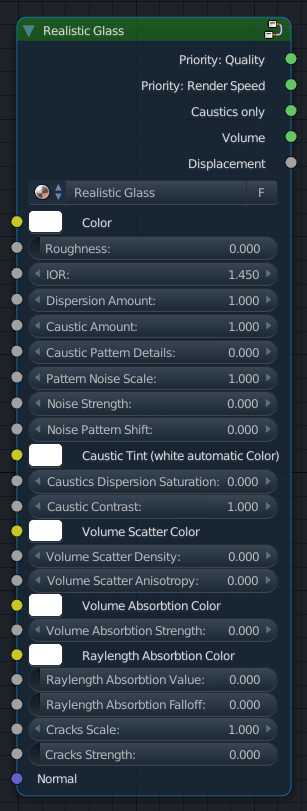
Main Features:
-
Dispersion
- Separates the light into its primary colors.
-
Caustic Amount
- Customize the amount of caustics you want in your scene.
-
Caustic Pattern & Noise
- For more variation and details in your caustics adjust these values.
-
Caustic Tint
- Color your caustics independent of the glass's color
- If you leave it white (#FFFFFF) the caustics will automatically be generated
-
Caustics Dispersion Saturation
- Have you ever seen these rainbow like lights on the ground when the sun is shining through your windows? With this slider you can chose how many colors are refracted on the ground.
- Have you ever seen these rainbow like lights on the ground when the sun is shining through your windows? With this slider you can chose how many colors are refracted on the ground.
-
Volume Scatter Color
- Choose which color should be scattered as the light passes through the glass.
-
Volume Scatter Anisotropy
- The anisotropy affects the direction in which the light is scattered.
-
Volume Absorption
- Choose which color should be absorbed as the light passes through the glass.
- Choose which color should be absorbed as the light passes through the glass.
-
Raylength Absorption
- A non volumetric absorption method for faster rendering; compared to volume absorption the caustic colors are less detailed.
-
Cracks
- This feature is still being tested and developed; works for some objects.
-
Render Speed
- You can choose if you either want to go for quality or render speed by using different outputs.
-
Caustics Only
- If you only want the caustics to be rendered, select this output.
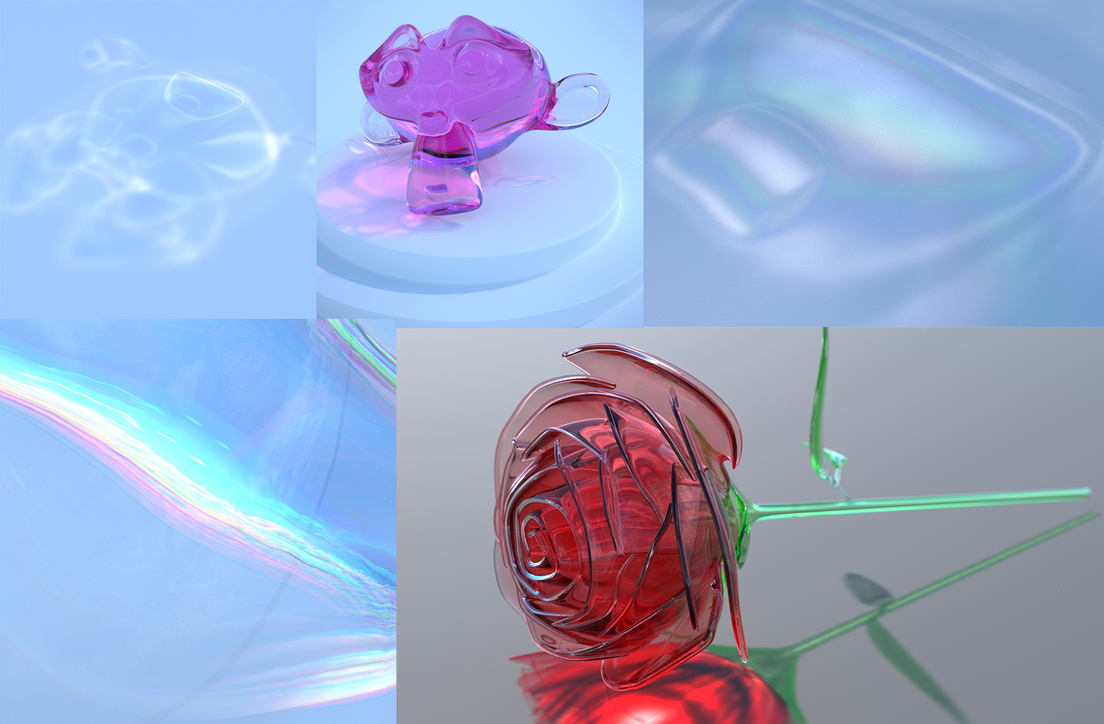
The shader is composed of many nodes as you can see below; still it computes very fast!
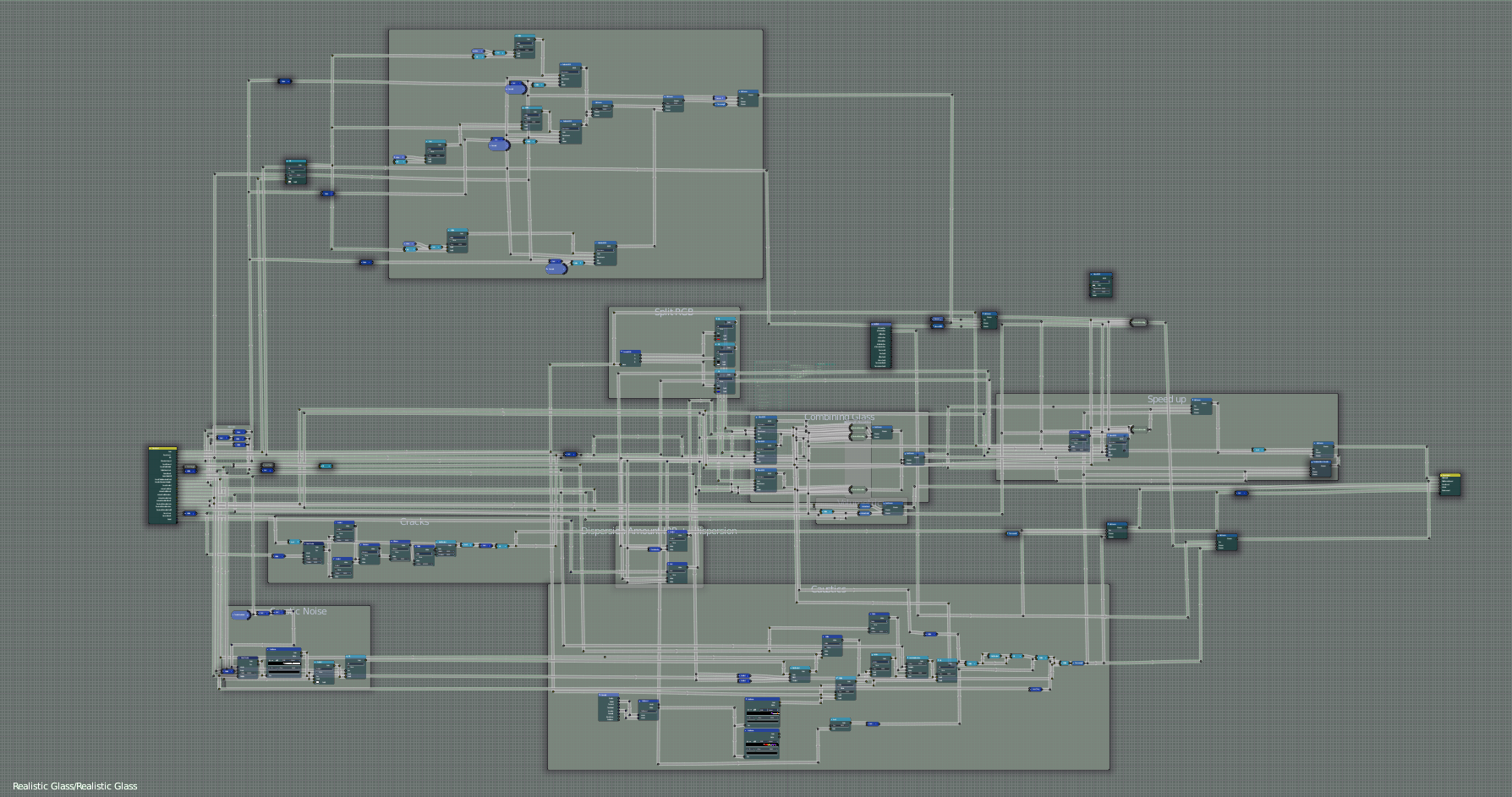
If you buy this shader you will get a .blend file with a test scene, in which the shader is included.
You can install the shader by doing the following steps:
- Click on file
- Click on append
- Locate where you saved the .blend file
- Click on Materials
- Select Realistic Glass
- Click on Append from Library
You should now have the shader in your scene.
The Shader was developed by Colin Behrens with the help of Gleb Alexandrov, if you have any questions feel free to message me.
Update:
1.1
I ungrouped all node groups that were used in the Realistic Glass Shader so that you do not have any other group than the Realistic Glass Shader in your scene when you append from the file.
1.2
The official 2.8 support is here. Tested with Blender 2.80. I added the 2.8 version as an seperate file so that 2.79 users can still access the old one.
As the default setting I turned the dispersion strength down to 0.
2.0 February 2020
Thanks to David Still who noticed a missing feature, I implemented a "Reflection" value. It works with the latest 2.8 Version of the shader (V2 included in the downloads) and really gives much better reflections
A short comparison between the new feature turned on and off:
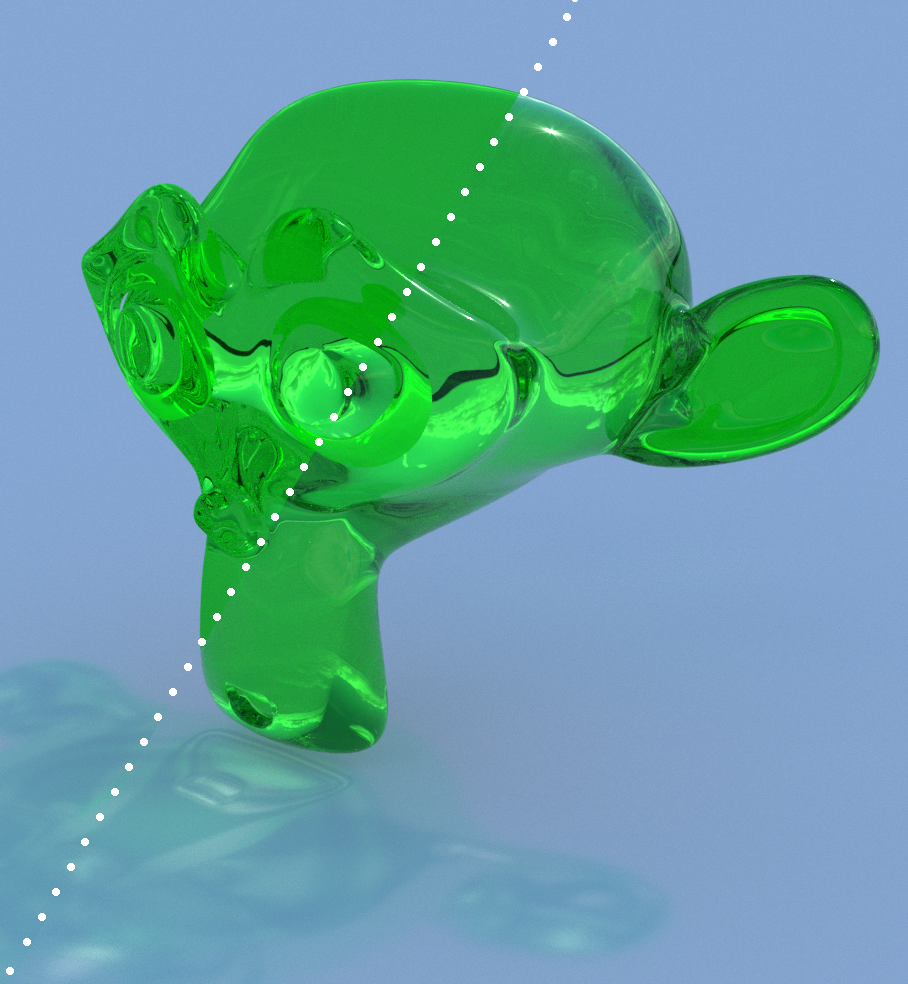
2.x 2021
Bug fixes.
3.0 July 2022
New feature to control the influence of internal caustics and support for the new caustics of Blender 3.2+.
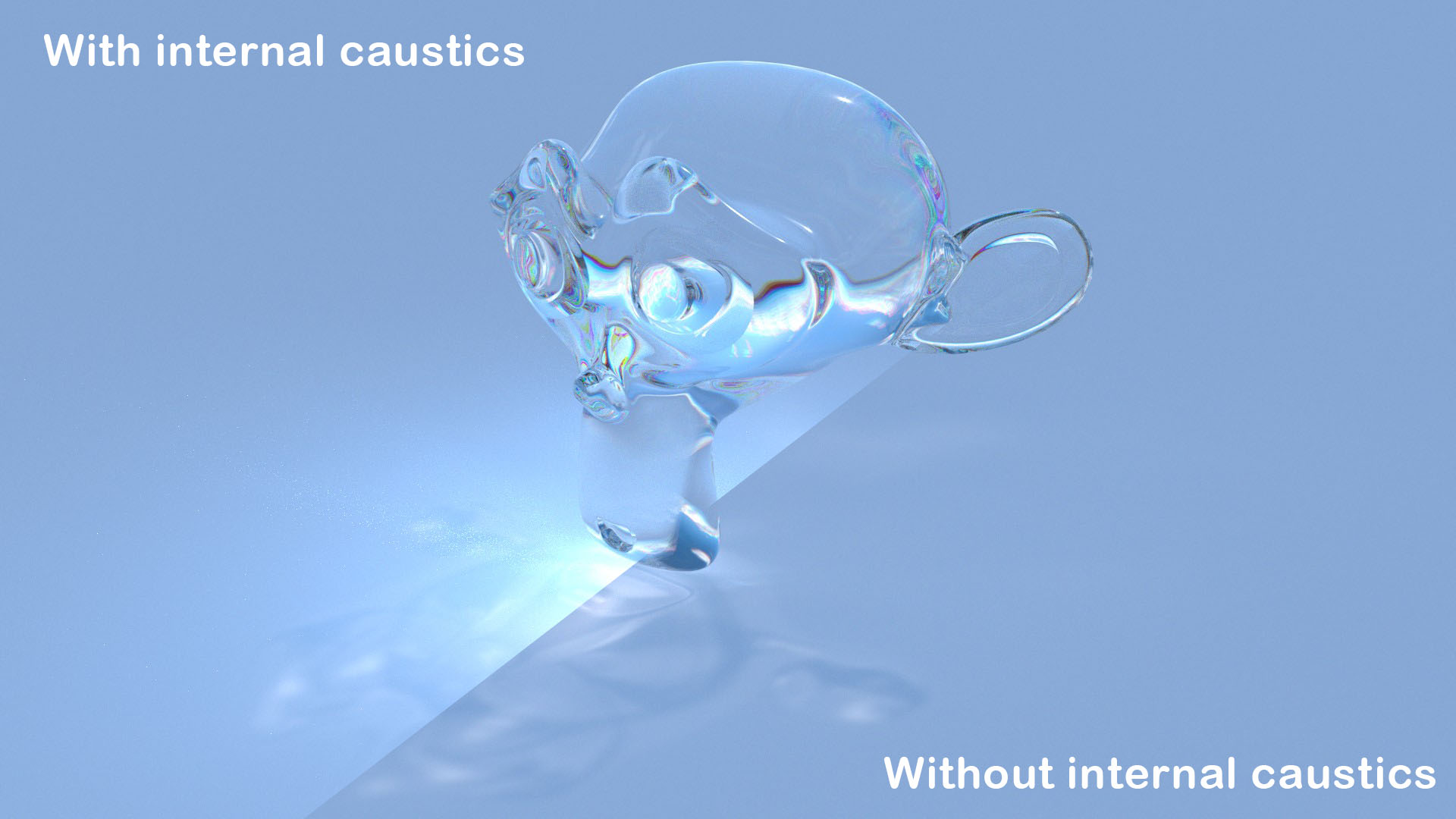
+++For the lighting I used a free HDR from poliigon.com! Check it out!+++
3.2.x January 2023
Removed some old left overs to increase performance and avoid confusion.
Discover our other addons:
Discover more products like this
dispersion Advanced Shader summer24 Glass caustics Water Material procedural refraction spring24 realistic Advanced bfcm24 caustic photorealistic loveblender Shader winter24
